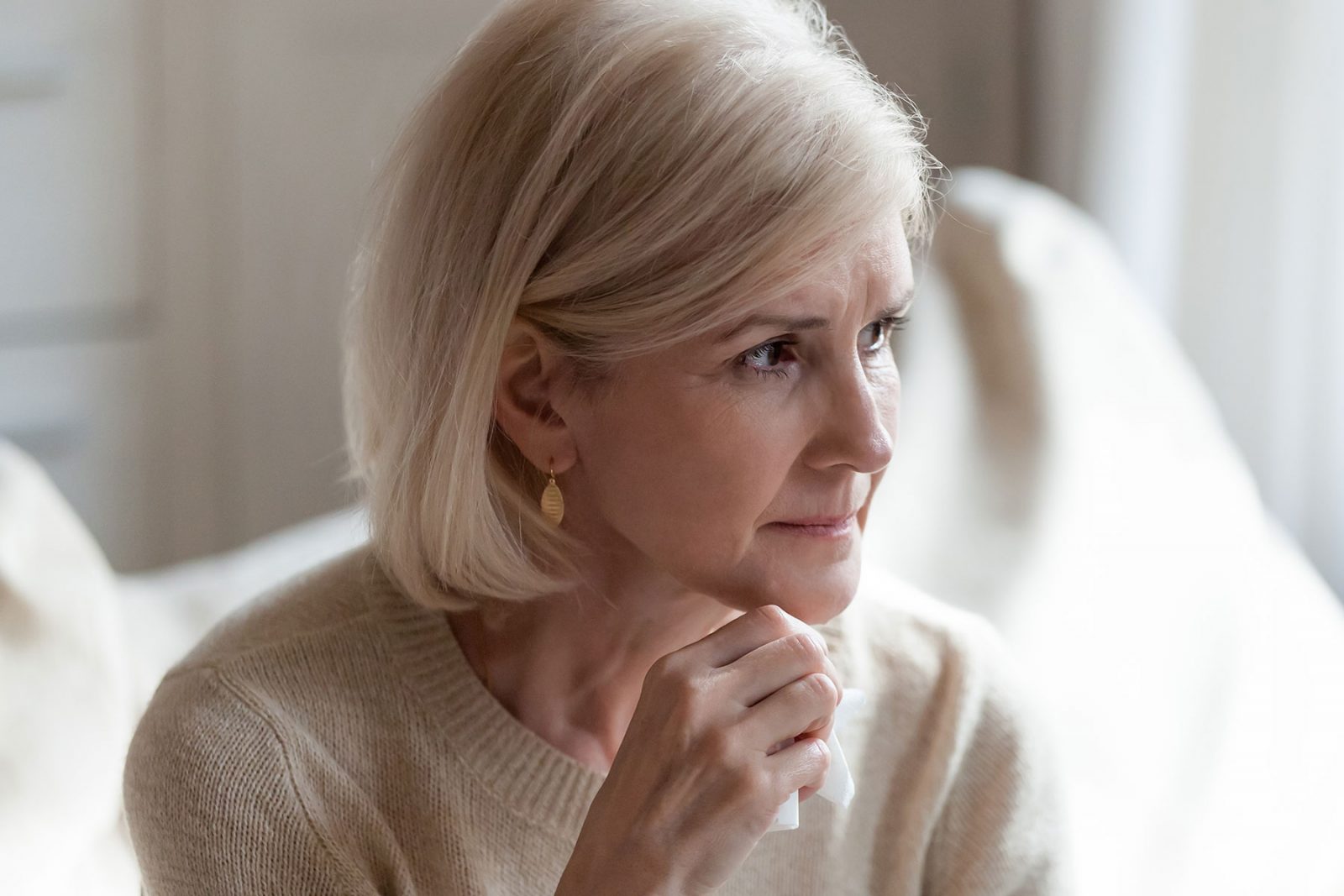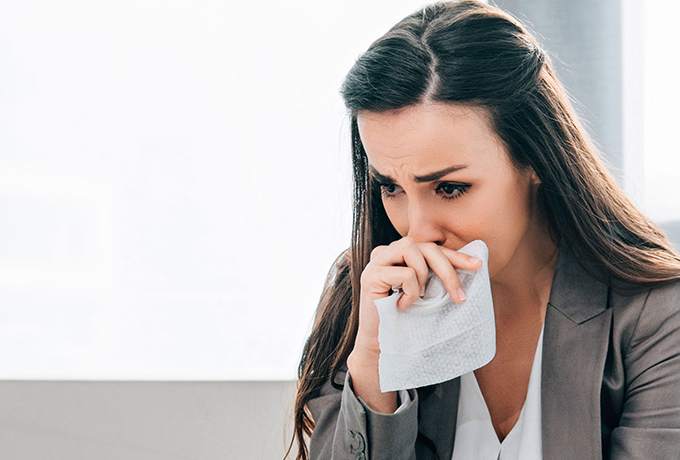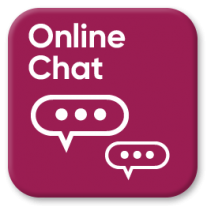The current health crisis has had a profound and sudden impact on our daily life. Many of us are feeling concerned and want to ensure we are looking after our physical and mental health, as well as minimising the risks for our friends and family. One of the best ways to protect our health is to know where to go for support. Below are some tips for keeping safe, as well as resources for practical support, including support options available if your job, financial or housing situation has been impacted by this crisis.
Physical health support
If you are worried you or someone in your family may have COVID-19: Contact the National coronavirus helpline, visit the Department of Health’s symptom checker, or call your GP – many GPs are now providing telehealth options. If you need to physically visit the doctor or hospital, make sure you call before you visit and tell staff about your symptoms, travel history, and whether you’d had contact with a confirmed or probable case of COVID-19. For up to date information about the virus worldwide, you can also visit the World Health Organisation. As always, if you are experiencing a health emergency, call 000 immediately.
General advice to keep healthy
The most important thing you can do to keep yourself, and others, healthy is to follow federal government advice to wash your hands often, avoid touching your face, and stay at least 1.5 metres away from other people. You should aim to stay at home, with some exceptions, such as going to work (if you can’t work from home), droppings kids off to school or childcare, exercise or grocery shopping.
If you are in a high risk category, then you should aim to have groceries delivered if possible – many supermarkets are offering priority deliver to those in a high risk category. You can also ask a carer or friend to shop for you during priority shopping hours.
State based support
Each state differs slightly in how they are implementing social distancing guidelines. Below are each state’s information portals in relation to COVID-19 – they include information on health and financial support, as well as the social isolation restrictions in place. If you are still unsure about local laws, you can give the local police station a call.
VIC: https://www.dhhs.vic.gov.au/coronavirus
NSW: https://preview.nsw.gov.au/covid-19
WA: https://www.wa.gov.au/government/covid-19-coronavirus
TAS: https://coronavirus.tas.gov.au/
SA: https://www.covid-19.sa.gov.au/
QLD: https://www.covid19.qld.gov.au/
Other support options
- If you are elderly and work in aged care, the government has put together some support for older Australians
- As we are spending more and more time online, it’s important for people of all age groups to follow e-safety guidelines to stay safe online, and avoid scams
- If you have a disability, or support someone with a disability, People with Disabilities Australia have collated information on available support
- If you run a business and someone at the workplace has COVID-19 or is showing possible signs, Fair Work Australia has put together a list of steps to follow
- If you need information in languages other than English, it can be found here.
Mental health support
Stress and anxiety can have a negative impact on your health – both in the short and long term, including contributing to high blood pressure, heart problems, obesity, and more severe anxiety and mental health issues. You may be anxious about the virus, but you also may be experiencing stress from having your normal life disrupted. To try and keep your mental health on track make you sure you exercise, limit your media exposure, stay connected, and seek help if you need it.
A good place to start is the Head to Health COVID-19 support site, or the coronavirus mental health support line. You can also find information about coping with the stresses of the crisis at the Australian Psychological Society and the Mental Health Commission.
The Raising children Network has a lot of information to help parents and carers to support their children through this.
Financial support
If you have lost your job due to the COVID-19 crisis, or have had your hours significantly reduced, you can apply for financial assistance. If you run a business that has been affected, you may be able to keep paying staff using the government’s job keeper payment.
If you have trouble paying your rent there is currently a moratorium on evictions, and if you are having trouble paying your mortgage, many banks are offering options to delay payments. Childcare payments are now free for any children still enrolled with a registered provider – families do not need to apply for this as it will be arranged by your childcare service.
Support from friends and family
One of the most important ways to feel supported is to keep in touch with colleagues, friends and family over the phone, via social media, or through video conferencing options such as zoom, or skype. Talk with them about how you’re feeling, have a virtual coffee, or attend attending a virtual performance together. It’s more important than ever to check in with each other. You may also wish to seek professional help from your GP, psychologist, or a qualified counsellor. Remember, this crisis is affecting people across the globe – you are not alone and support is available to help you through this.
https://www.dhhs.vic.gov.au/translated-resources-coronavirus-disease-covid-19: COVID-19 translated information for people from culturally and linguistically diverse backgrounds, health professionals and industry. Information includes fact sheets and promotional materials.
Stay up to date with official Federal Government information, advice and support, via the Department of Health’s novel coronavirus 2019 portal, the national coronavirus helpline, and the coronavirus app.
If you or someone you know is struggling and want to speak to a professional counsellor, SuicideLine Victoria is available 24/7.
Call us on 1300 651 251.
If it is an emergency, call 000.









